By Namale Agnes. Many water bodies in Uganda have been associated with spiritual practices and in a certain way, these folklores and spiritual beliefs have influenced the human populations adjacent to these water bodies to respect these natural resources, hence protecting biodiversity. The Murchison falls for instance, before being gazetted in the year 1952, the
By Namale Agnes.
Many water bodies in Uganda have been associated with spiritual practices and in a certain way,
these folklores and spiritual beliefs have influenced the human populations adjacent to these
water bodies to respect these natural resources, hence protecting biodiversity.
The Murchison falls for instance, before being gazetted in the year 1952, the falls were believed
to be the home of a spirit Wangjok, to whom the Luo timely paid homage to.
These beliefs created an intimate relationship between the water falls and the people, which lured
them into passionately conserving the falls for their spiritual benefits.
When the falls were gazette and part of the Victoria Nile restricted from public access, the
communities that had cherished the water body for its spiritual connotations were pushed into
encroaching on its well being through illegal fishing practices.
The UNs sustainable development goal (SDG) 14 focusing on life below water; to Conserve and
sustainably use the oceans, seas and marine resources for sustainable development, stipulates the
importance of educating the public on illegal fishing practices as it largely affects life below
water. InfoNiles’ 2022 report on shrinking lakes in East Africa showed that the fishery sector’s
contribution to GDP for different East Africa Countries is enormous. For example, data from the
Fisheries Division of the Food and Agriculture Organization of the United Nations (FAO)
indicate that 2018 exports of fish and fish products for Tanzania were worth USD 206.9 million;
USD 29.4 million for Kenya; USD 1.4 million for Rwanda; USD 171.7 million for Uganda; and
USD 11,000 for Burundi.
With such contribution to employment generation and GDP, the sector supports East Africa
countries in achieving SDG Goal 8 and SDG Goal 1. Also, with millions depending on fish for
food, the sector significantly influences the attainment of SDG Goal 2.
At the beginning of the year 2022, fishermen at Kigungu landing site in Uganda complained
about the fluctuating temperatures in lake Victoria , a condition the indigenous referred to as
‘Kaliro’. This condition led to loss of a huge percentage of fish in the lake.
Realizing SDG 14, requires reviving incentives like community awareness on cultural erosion
and environmental conservation.






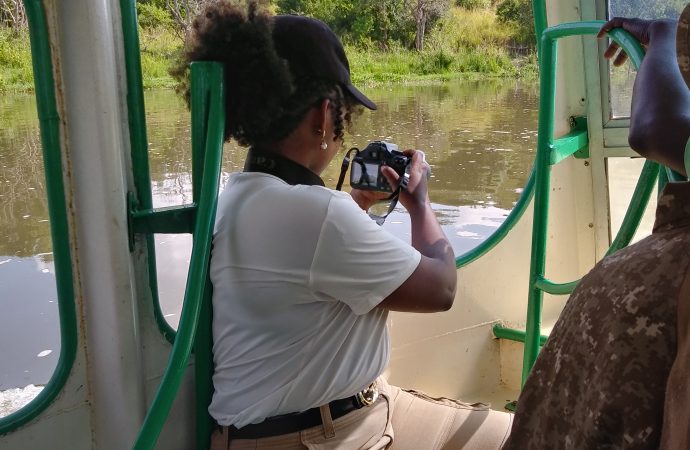
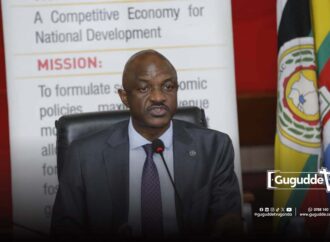

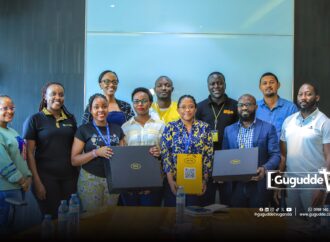




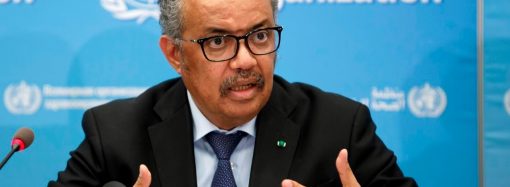
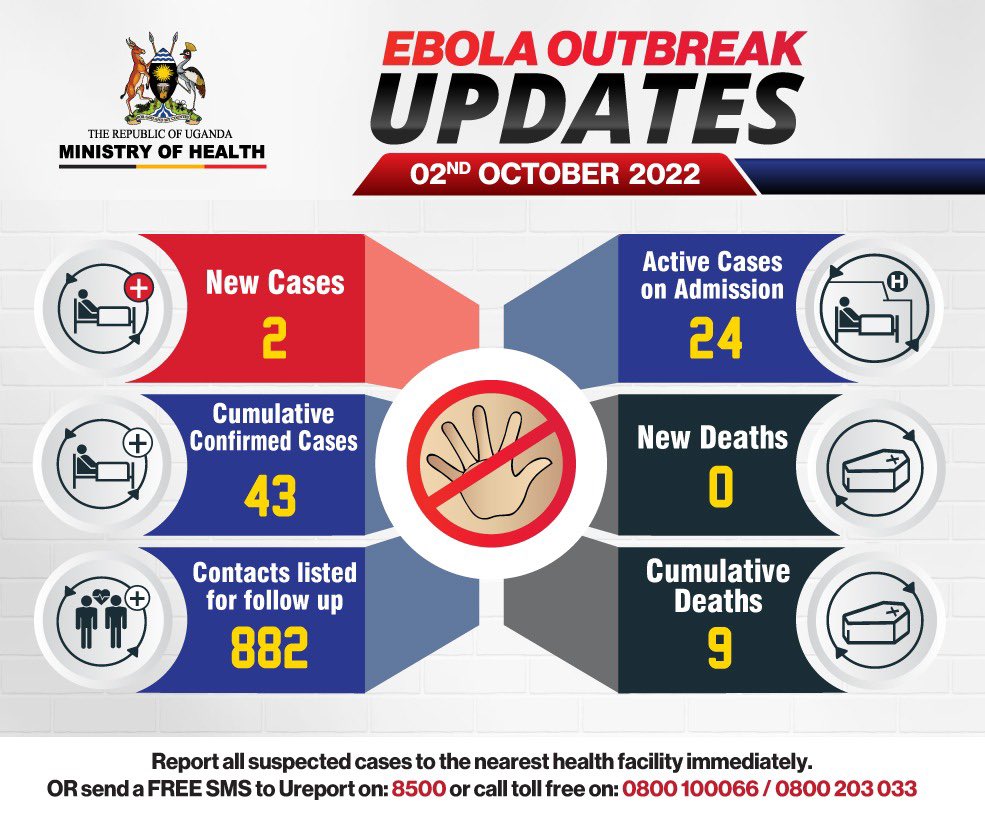













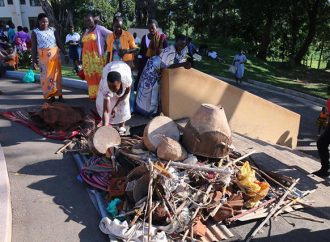

Leave a Comment
Your email address will not be published. Required fields are marked with *